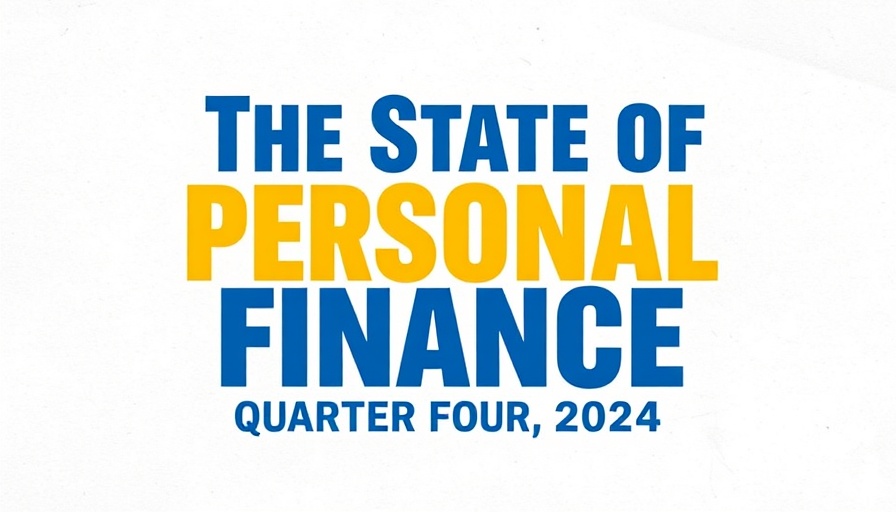
Understanding the Challenge of Irregular Income
Whether you’re a freelancer, gig worker, or someone earning a commission, managing finances can become stressful when your income is unpredictable. Many people in today’s economy experience this reality. For those without a steady paycheck, budgeting can feel like navigating a maze. However, with proper planning, you can maintain control over your finances and avoid overspending.
The Importance of Budgeting with Irregular Income
Irregular income doesn’t have to lead to financial chaos; it just requires a different approach to budgeting. To achieve financial stability, one must create a budget that caters specifically to variable income streams. This process needs careful planning where one typically works with their lowest income figures to safeguard against potential cash shortfalls.
Step-by-Step Guide to Creating Your Budget
To successfully budget with an irregular income, follow these six steps:
List Your Income: Start by identifying your lowest income for the month. Use past pay stubs to make an informed estimate.
List Your Expenses: Prioritize essential expenses first, such as housing and groceries, before moving onto discretionary spending.
Subtract Your Expenses from Your Income: Craft a zero-based budget, meaning every dollar is allocated to an expense.
Track Your Expenses: Stay on top of your spending throughout the month to ensure adherence to your budget.
Make Adjustments: After each paycheck, assess your financial situation and adjust your budget as necessary.
Make a New Budget: Before the month begins, prepare a new budget based on the fresh data.
Practical Insights for Managing Your Budgets
When developing a budget in the face of fluctuating income, it’s essential to embrace flexibility while also committing to a structured plan. Leveraging tools such as budgeting apps can simplify this process. Apps like EveryDollar can help manage your financial flow with ease.
Risks and Challenges in Irregular Budgeting
Budgeting with an inconsistent income also comes with its set of risks. One major issue is the temptation to overspend when months are profitable, which can lead to anxiety during leaner months. It's vital to remain disciplined, treat profit months as opportunities to save additional funds, and not as permission to indulge in unnecessary expenses.
Importance of Savings in an Irregular Income Scenario
Building a savings cushion is crucial for workers with intermittent pay. Ideally, aim to save at least three to six months’ worth of expenses, as this can provide a safety net against unexpected downturns. Having that buffer not only offers financial security but also greater peace of mind.
Decisions You Can Make with This Information
Understanding how to budget with irregular income empowers individuals to make informed decisions regarding their financial futures. Maintaining a clear picture of your finances allows better choices when it comes to investments, savings, and personal goals. Planning in advance reduces stress and enables proactive approaches to money management.
Conclusion: Taking Control of Your Financial Future
Budgeting with irregular income may initially seem daunting, but by following simple steps and prioritizing essentials, you can achieve financial stability. The foundation is knowing your limits, planning effectively, and being adaptable. So why not start today? Dive into budgeting and take control of your financial future!
 Add Row
Add Row  Add
Add 




Write A Comment